Friday 28th May, 2021
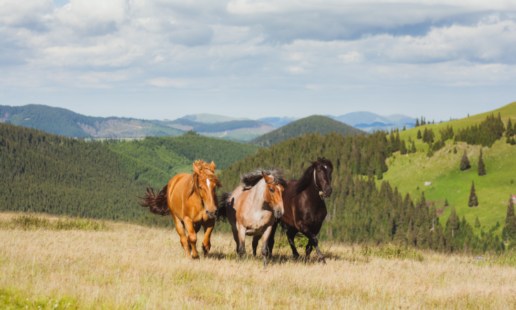
Everybody hates hayfever, right? During spring and summer when the pollen count is high, you might get itchy eyes and a streamy nose and avoid going outside as a result – but what about your animals? Hayfever in horses and other animals is pretty common, and can be uncomfortable for them, and it’s never pleasant to see your horse obviously struggling!
Although it’s different for animals, horses can contract hayfever-like symptoms in the warmer months. It’s referred to as Allergic Respiratory Disease when it occurs in horses. But how can you spot it, and how can you treat it?
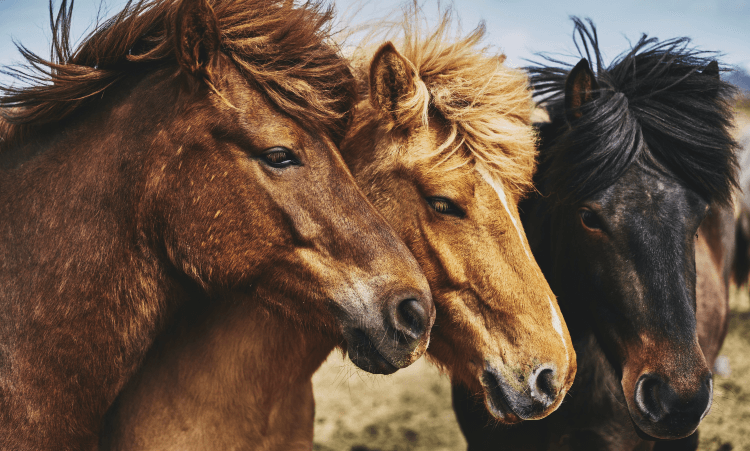
Hayfever is caused by an allergic reaction to pollen in the air. Pollen particles are released from all plants in order for them to spread and fertilise other plants, but much of this pollen gets inhaled by humans and animals in the process, which triggers allergic reactions. For humans, this is easy to deal with. We take antihistamines, wear dust masks, and spend more time inside. For horses who spend all their time outside, it’s a little more tricky.
Horse’s nasal cavities are structured to prevent anything entering. They act as air filters, with long hairs trapping incoming particles in the airway. However, when pollen counts are high, pollen can build up in a horses’ nose and cause problems for susceptible horses. The pollen then triggers an allergic reaction which forces blood vessels to dilate and become inflamed.
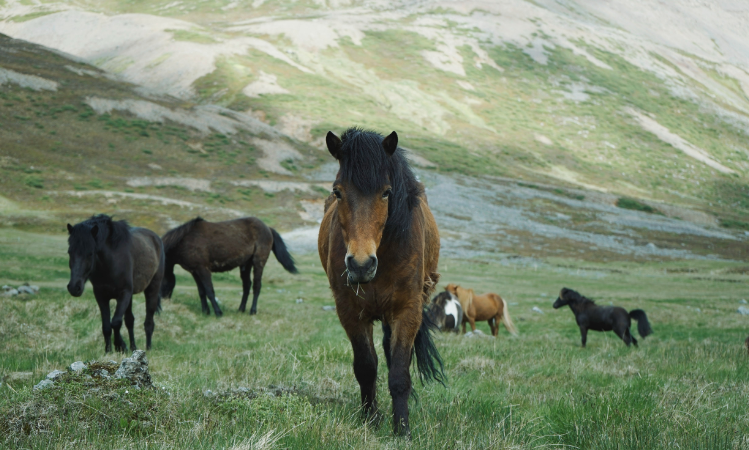
Pollen allergies are very common in horses (mostly very old or very young horses). Unlike humans, however, the symptoms will manifest more like flu symptoms than hayfever. In many cases, the lungs will become inflamed and your horse can become much more susceptible to other viral and bacterial infections, especially in their lungs.
Some symptoms can include:
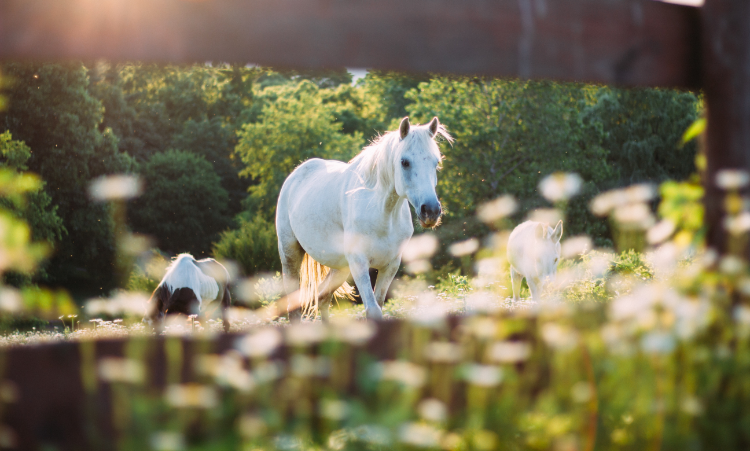
When trying to treat or prevent hayfever in horses, it’s a good idea to try to figure out which pollen is affecting your horse, so you can avoid it as much as possible. Some pollen comes out stronger in certain months of the year, so this can help you figure out the problem.
Even if you can’t figure out the offending pollen type, there are other ways to manage the problem. Consider pollen nets or facemasks to help ease the head shaking and itching and coughing. If the problem seems severe and consistent, consult your vet. A simple case of Allergic Respiratory Disease could quickly lead to other, more damaging infections if not dealt with.
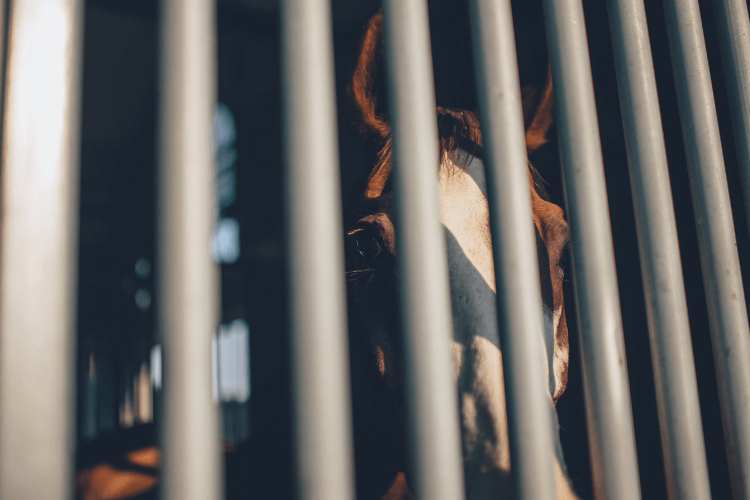
Avoiding pollen entirely may not be possible, but if your horse is severely affected then it’s a good idea to keep them stabled during the day and only turn them out at night. If you don’t have sufficient stable room, consider investing in a mobile field shelter, or contact us here at Vale Stables to find out what bespoke stabling options we can offer to help you.